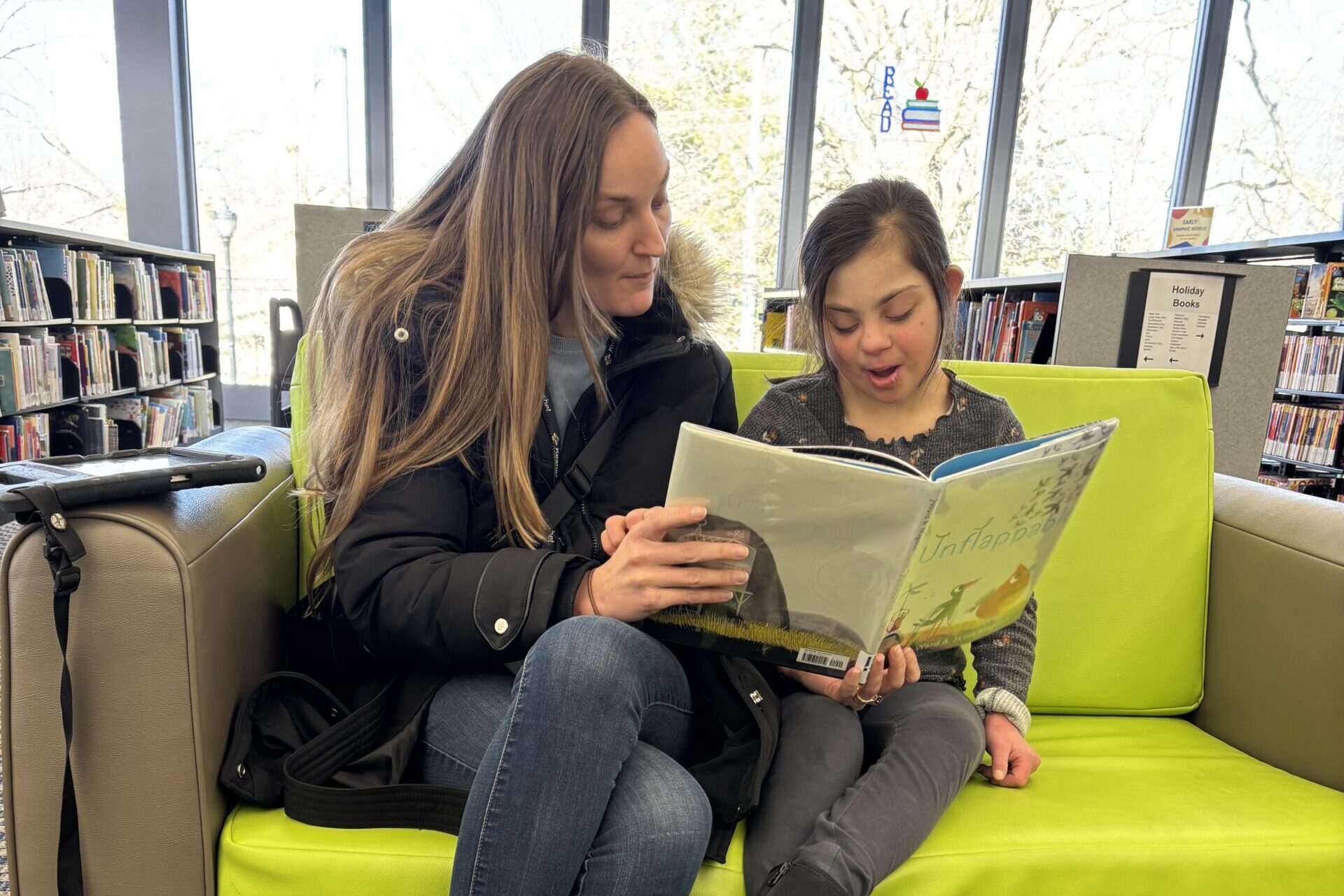By Dr. Shirley Drelich, Keshet Curriculum Coordinator
With summer quickly approaching, educators and parents start to consider how to keep students engaged and learning—whether they’re in extended school year programs or not. For students with disabilities, maintaining both academic and functional progress over the summer requires a thoughtful, individualized approach that balances rest, recreation and continued learning. The “summer slide”—the tendency for students to lose some of their academic and functional gains made during the school year—can be more pronounced for students with learning differences, making proactive planning a necessity.
According to the National Summer Learning Association, students can lose up to two months of reading and math skills over the summer. For students with disabilities, these losses can be even more significant, particularly if their routines and support systems are disrupted. Regression doesn’t only affect academic skills—it can also impact social-emotional development, behavior and self-confidence.
Here are some practical strategies to help prevent the summer slide:
1. Read Together, Every Day
Whether at home or at the library, make reading a daily ritual—even if it’s just for 10 to 15 minutes. Try to incorporate discussion or dialogue about what you’re reading to enhance comprehension and vocabulary. Provide easy access to a variety of books and other types of reading materials at appropriate reading levels. If you’re unsure where to start, reach out to your child’s education team for recommendations.
2. Make Use of Local Library Programs
Your local library can be an incredible resource for inclusive and engaging summer programming. Many libraries offer sensory-friendly events, early entry hours, adapted story times and accessible reading programs tailored for children with disabilities. We’ve compiled a list of local library offerings in a downloadable attachment.
3. Explore Hands-On Learning Opportunities
Summer offers endless opportunities for experiential learning. Take trips to museums, zoos and parks and create a photo journal of your child’s activities and outings. Later, revisit those experiences together by reading through the journal, helping your child practice both literacy and memory skills.
4. Build Skills Through Daily Activities
Incorporate math and literacy into everyday routines. Cooking together can teach measurement, sequencing and reading recipes. Grocery shopping offers chances to count, compare prices and read product labels. These simple, natural experiences support ongoing skill development.
5. Use Technology to Support Learning
For students who use AAC (Augmentative and Alternative Communication) devices, it’s crucial to continue practicing communication at home. Encourage regular use of the AAC device during daily routines, conversations and activities.
You can also explore online educational games to boost cognitive skills. Here are several free websites to try:
6. Try Online Reading Tools and Programs
There are many websites that offer free access to ebooks, audiobooks and interactive read-alouds:
- Storyline Online
- Epic!
- Barnes & Noble Free eBooks for Kids
- Mrs. P’s Magic Library
- Monkey Pen
- Paul V. Sherlock Center on Disabilities (Look under “Online Adapted Literature and Lessons”
- TumbleBooks via Roger’s Free Library
- Stories for Kids
You can also listen to audiobooks or podcasts together to promote language development and increase vocabulary.
7. Consider Online Summer Reading Programs
Several online programs offer structured reading support:
- Reading is Fundamental (RIF) – Offers book suggestions, printable materials and activities for children and families, including those with special needs.
- ASD Reading – Designed specifically for students with Autism Spectrum Disorder and other learning challenges, this program teaches reading, writing and comprehension.
8. Choose Engaging and Accessible Books
Looking for a few new titles to explore with your child this summer? Here are some recommendations:
Picture Books
- A Picket Full of Rocks by Kristin Mahoney
- Hooray for Hat! by Brian Won
- Big Brown Bear’s Cave by Yuval Zommer
- Are We There Yet? by Dan Santat
- Change Sings: A Children’s Anthem by Amanda Gorman
Easy Readers/Chapter Books
- Pizza and Taco: Who’s the Best? by Stephen Shaskan
- Donut Feed the Squirrels by Mika Song
- Balto by Emma Carlson Berne
- Mooncakes Mean Family by Benson Shum
- Search for a Giant Squid: Pick Your Path by Amy Forrester and Andy Musser
9. Model a Love for Reading
Children of all ages benefit from seeing the adults in their lives enjoy books. Read in front of your children, talk about stories you’re reading, and treat reading as a fun and relaxing part of your day. Even if your child is an independent reader, joining them in shared reading time builds connection and reinforces positive habits.
Above all, enjoy learning and reading with your children this summer. Whether you explore the world through books, activities or experiences, the most important thing is staying engaged—together.
Have a wonderful summer!

